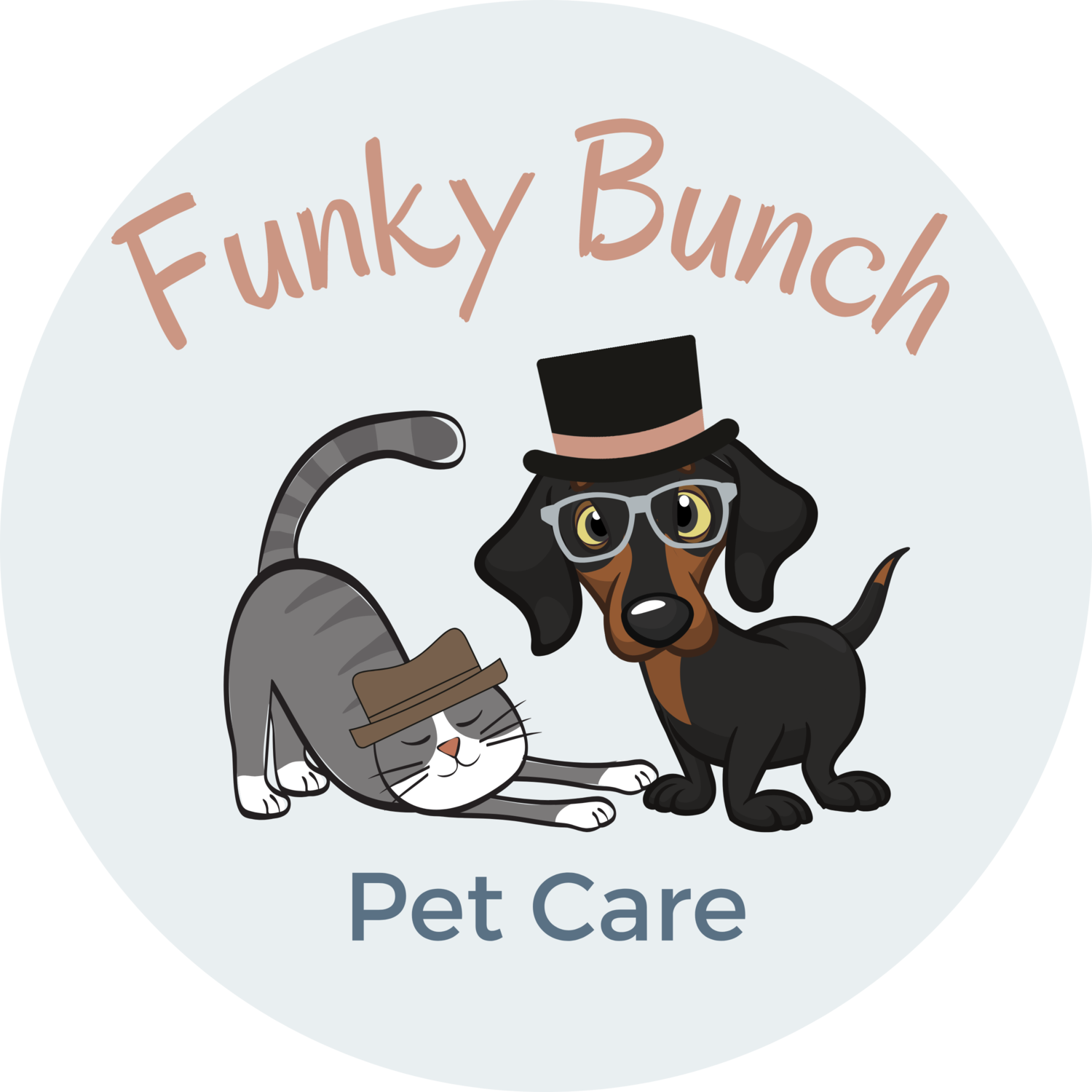Foods to avoid with your pet
Who could possibly resist those adorable eyes, begging for a bite of your food, or for scraps from the dinner table? It takes nerves of steel to deny them, and can definitely be hard. However, refraining from feeding your pet people food may very well be one of the most effective ways to keep your pet healthy and well. Not only for proper weight and nutrition, but also because human food can be seriously toxic to fur babies.
While the list below is not exhaustive, there are many more foods you should check out on the ASPCA website. Early warning signs of poisoning from foods are typically weakness/drowsy, vomiting, and diarrhea.
It’s important to note that there is overlap of foods to avoid between cats and dogs. If you suspect your pet has ingested any of the items on this list, contact your vet immediately. When you call them, they will ask for 1) the food ingested, 2) estimated amount of food, 3) time since they ingested it, and 4) symptoms.
In general, it is not advisable to attempt to induce vomiting or use activated charcoal without the oversight of a veterinarian or a veterinarian technician. Have your veterinarian walk you through the steps of care and how to monitor your pet.
Five Foods to Avoid for Dogs
They may be man's best friend, but that doesn’t mean you should share your food with them.
Xylitol.
You likely won’t have a pile of this hanging around your kitchen, but it’s one of the most common sweeteners. Gum, toothpaste, ‘diet’ foods, and many baked goods have xylitol as an ingredient. Ingestion causes a drop in blood sugar and can lead to liver failure.
Avocado.
While it’s a healthy source of fats for us, it contains persin, which causes vomiting and diarrhea in dogs. It’s not just in the green fruit, it’s also in the seed, steam, and bark.
Alcohol.
Not surprisingly, alcohol has the same effect on dogs as it does people. However, the effect occurs at a much smaller dose. Just a little bit causes vomiting, diarrhea, coordination problems, breathing problems, coma, and even death. The smaller the dog, the worse it can be.
Onions and garlic.
Whether raw, dried, cooked, or powdered, ingestion of onion or garlic kills red blood cells, leading to anemia. Even a small amount can lead to weakness, labored breathing, and vomiting. Garlic is 5 times more potent than onion.
Caffeine.
We seek out a cup of joe for a morning pick-me-up, but caffeine can be fatal for dogs. Found in cocoa, chocolate, colas, energy drinks, even cold medicines and pain killers, caffeine is no joke for dogs. If you think your dog could have ingested it, get them to your vet ASAP.
Five Foods to Avoid for Cats
Even though some are picky eaters, it doesn’t mean they know what’s best for them.
Tuna.
Shocked? The warning here is two fold. 1) Too much tuna leads to malnutrition because tuna doesn’t meet enough of their needed nutrients, and can lead to mercury poisoning. A little every now and then is fine, but spread it out and keep variation in their diet.
Milk and other dairy products.
Cat’s love milk, right? Most cat’s are actually lactose-intolerant. They simply cannot process it and end up with an upset stomach and diarrhea.
Alcohol.
Just two teaspoons of whisky can cause a coma in a 5-pound cat, and one more teaspoon could kill it. The higher the proof, the worse the symptoms.
Grapes.
The exact pathways are still unknown, but it is known that ingestion of grapes or raisins leads to kidney failure over a prolonged period. Some owners report no problems at all, while others see immediate signs of vomiting and hyperactivity. Because of the lack of understanding of the exact mechanisms and the range of reactions, it’s best to avoid them entirely.
Fat trimmings and bones.
Fat alone causes digestive issues, weakness, vomiting and diarrhea. While it may be cute to watch your cat gnaw on a bone, it may splinter and get lodged in their throat.
You can download a free guide to this list here.

